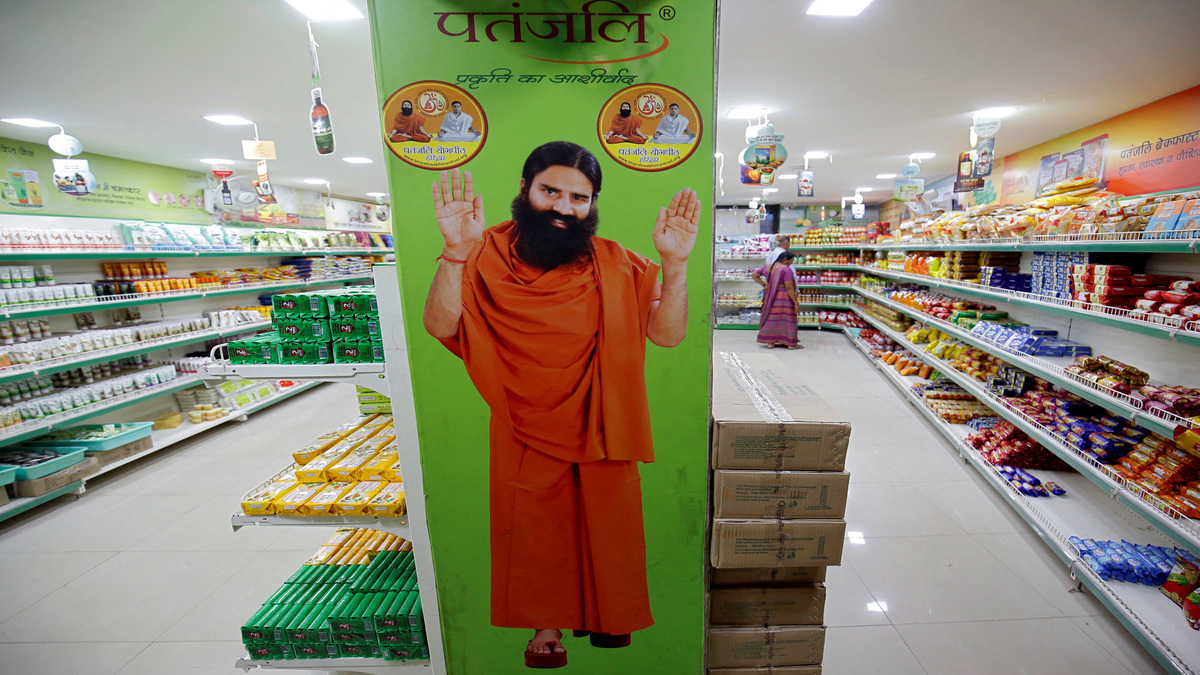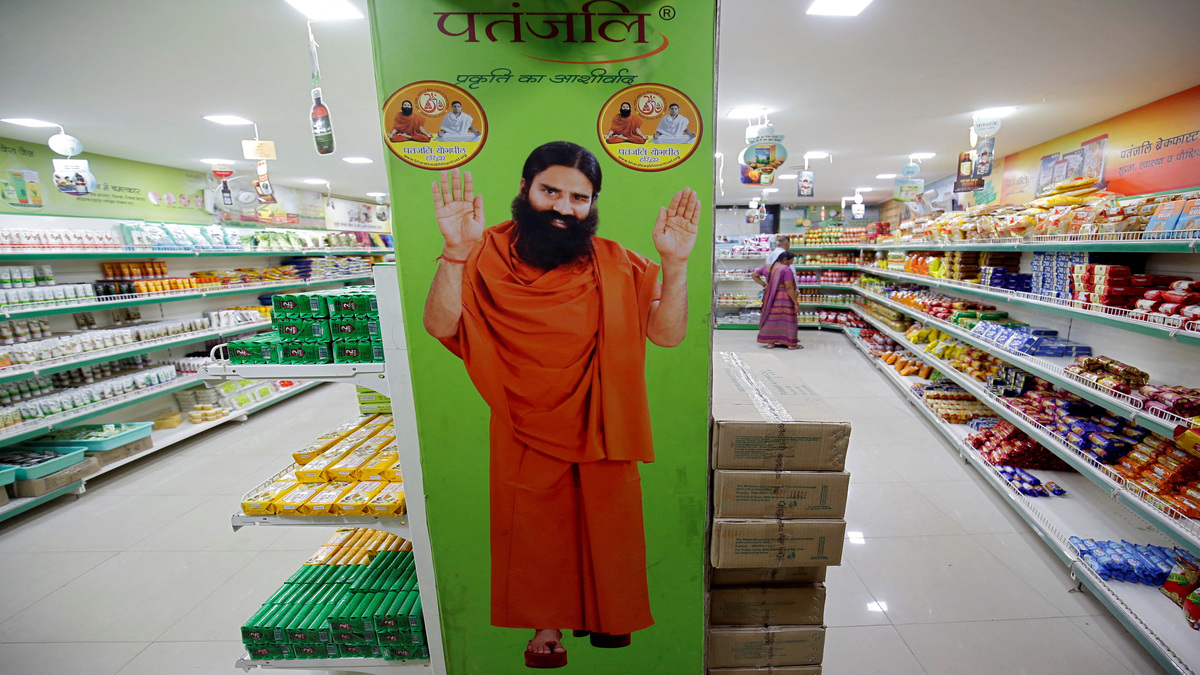On 30 April, 2016, a special CBI court in Delhi ordered Dasari Narayana Rao, former Minister of State for Coal and Congress MP, industrialist Naveen Jindal, Madhu Koda, former Jharkhand Chief Minister and 12 others to be put on trial on charges of criminal breach of trust and criminal conspiracy in a 2008 allocation of a coal block in Jharkhand.
The other accused include H C Gupta, former Coal Secretary; Rajeev Jain, Director of Jindal Realty Pvt Ltd; Girish Kumar Suneja and Radha Krishna Saraf, Directors of GSIPL; Suresh Singhal, Director of New Delhi Exim Pvt Ltd (NDEPL); K Ramakrishna Prasad, Managing Director of Sowbhagya Media Ltd; and chartered accountant Gyan Swaroop Garg.
The prima facie irregularities pertain to the creation of a smokescreen of companies to facilitate the payoff of Rs 2 crore to Rao by Jindal in order to secure the allocation of the Amarkonda Murgadangal coal block to his firms Jindal Steel Power Ltd (JSPL) and Gagan Sponge Iron Pvt Ltd (GSIPL).
Special Judge Bharat Parashar, in observing that the evidence reflects “active collusion between public servants involved in the process and private parties in whose favor the coal block stood allotted,” has identified Naveen Jindal as the “central figure” in the entire criminal conspiracy. He has additionally observed that as Chief Minister, Madhu Koda “ensured” that the recommendation for the entire coal block be made to the Coal Ministry “only” in favour of the Naveen Jindal Group, in “active agreement and connivance” with Dasari Narayana Rao and with the Secretary Coal and the Screening Committee “consciously” choosing to overlook the company’s misrepresentations.
CBI investigation subverts real justice in other cases
Logically, one should applaud the order and simply conclude that now all corruption and criminal conspiracy cases pertaining to coal block allocation are headed for their tryst with a trial. However, that inference may be too simplistic and premature.
In reality, justice is being subverted. The reason for this pessimism is on account of the fact that, just like in the allocation of coal blocks, the CBI investigation is proceeding in a highly selective, indeed partisan, fashion.
It is well known that almost all the 218 coal blocks that were cancelled by the Supreme Court bear the same tarnish of criminal conspiracy and criminal breach of trust by misrepresentation of facts and data by the applicants and the acceptance/conscious overlooking of this by both the state and Central government officials in connivance with private parties. Yet, the cases where the CBI is prosecuting are still not even at one-fourth of the total 218 allocations, despite several open-and-shut cases in which the culprits can be nailed just as easily as in the case of the Amarkonda Murgadangal coal block.
Some notable cases include the Gare IV/7 coal block allocation to Sarda Energy and Minerals Ltd, and the repeated misrepresentation by Prakash Industries Ltd for the Chotia, Madanpur and Fatehpur coal blocks (where in the last two blocks it was still allowed a share along with some other firms).
Interestingly, Naveen Jindal himself, despite having been identified as the single largest beneficiary of criminal conspiracy pertaining to coal block allocation, is only facing prosecution in this single case on account of the discovery of the money trail leading to Rao, although he has bagged as many as 10 coal blocks through different companies in a questionable manner.
For example, in the allocation of the Gare Palma IV/6 coal block, the minutes of the Screening Committee reveal that Naveen Jindal’s JSPL has been found guilty of encroaching on a vastly excessive area and thereby, coal reserves, than what was allotted to it in Gare Palma IV/1. However, overlooking this gross violation, the company was rewarded with the allocation of a fresh coal block and neither the Central government officials nor the Raman Singh-led government in Chhattisgarh is facing the heat of a CBI inquiry.
Again, while it is well known that the verification and recommendation by the State government played a crucial role in the allocation process, nobody other than Koda, a former CM who is now seen as a political orphan, has been indicted. No other Chief Minister or State government officials who have supported and certified the false claims of the applicants have been booked, even in the cases where the CBI is charge sheeting the promoters of the companies.
In the case of state PSU coal blocks, the irregularities primarily relate to the formation of joint ventures with private parties. Yet, the Parsa East-Kente Basan coal block in Chhattisgarh, allocated to the joint venture between Rajasthan Rajya Vidyut Utpadan Nigam Ltd (RRVUNL), a state-run power generation utility of Rajasthan, and the Adani Group; the allocation of the Bhatgaon block to a joint venture between the state mining company, Chhattisgarh Mineral Development Corporation (CMDC), and the Sancheti Group owned by Ajay Sancheti, industrialist and BJP Rajya Sabha MP; and diversion of coal blocks - Tara East and Tara West - to Eastern Mineral and Trading Agency (EMTA) Coal Mines Ltd’s joint ventures in Bengal without any tender, have also managed to evade the CBI’s gaze.
Interestingly, EMTA’s promoter, Ujjal Upadhyay who controls roughly 14 coal blocks of State PSU’s through dubious deals - the third largest chunk of coal reserves in India, after Coal India Ltd (CIL) and the Naveen Jindal Group - appears insulated from the CBI fire, except in the case of one Karnataka PSU and even in this, the case is dragging.
In the case of allocation of coal blocks to government PSUs, the formation of joint ventures and the eventual transfer of coal blocks to private parties is suspect and falls within the ambit of the CBI probe. Yet, except in the stray case of the EMTA JV with a Karnataka PSU, the CBI has failed to establish any wrongdoing, despite the fact that the modus operandi is almost the same in each and every one of these 77 coal blocks.
In all joint ventures between private firms and PSUs, it has been found that the PSU ended up buying its own coal, often at market prices or higher. The CBI’s inaction is in spite of the fact that the entire financial benefit of the captive coal block was willfully transferred to the private player.
This selective enquiry process has led to deep unrest within the CBI itself. On 2 May, 2016, an anonymous complaint made by some CBI Investigating Officers to CBI Chief Anil Sinha alleging that corrupt CBI officials have taken bribes from companies to to weaken/fix coal cases, was widely reported. Though the CBI denied the allegations, the complaint does amply point to at least one reason why the quality of the CBI’s investigation in the coal matter is so tardy.
Landmark 2G judgement wasted?
The Coalgate scam in which 218 coal permits were cancelled, mirrored the 2G scam, whose grand outcome was not just the cancellation of all 122 telecom licences, but the display of judicial muscle by the Supreme Court in delivering a judgement that went far beyond telecom to crush the subjective power of the government to issue licences and contracts in any sector like power, coal, minerals, mines, land, and even special economic zones (SEZ), that allocates scarce national resources. This was intended to be an effective attack on the fountainhead of all large corruption linked to government contracts.
Highlighting the issue of “public trust,” the 2G judgment quoted from several international judgments, including the famous American one, of Illinois Central R. Co. vs Illinois, and the ones in India such as M.C. Mehta vs Kamal Nath to make the point that: “Public interest doctrine enjoins upon the government to protect the resources for the enjoyment of the general public rather than permit its use for private ownership or commercial purposes.” At the heart of the public trust doctrine is the limits and obligations upon government agencies as administrators on behalf of all people, especially future generations.
Invoking the doctrine of equality, the 2G judgment stated that the doctrine, which emerges from the concept of justice and fairness, must guide the state in determining the actual mechanism of distribution of natural resources.
This has two aspects: first, it regulates the rights and obligations of the state vis-a-vis its people and demands that the people be granted equitable access to natural resources and/or its products, and that they be adequately compensated for the transfer of resources to the public domain.
The second part of the equality doctrine was explained as the need to regulate the rights and obligations of the state vis-a-vis private parties seeking to acquire/use resources and ordered that the procedure adopted for distribution be just, non-arbitrary and transparent and that it does not discriminate between similarly-placed parties.
In the 2G case, too, the role of the CBI, which initially did nothing, was brought under the spotlight, forcing the Supreme Court to monitor its investigation. Even after this rap by the SC, the CBI chose to apply selective criteria in the probe, which eventually produced more clean chits for top politicians than real investigation leading to charge sheets.
In the 2G case, CBI prosecutor A. K. Singh was nabbed colluding right under the SC’s nose, with prime accused Sanjay Chandra, Managing Director, Unitech. Singh was helping Chandra by not only discussing the CBI’s legal strategy, but in fact, overruling internal instructions on what questions to ask, pre-deciding their sequence to suit the accused, while additionally negotiating on whom to call for cross-questioning from the Department of Telecom.
Like in 2G, the CBI’s coal investigation is also monitored by the Supreme Court. However, the evidence suggests that the CBI continues to walk the 2G road, subverting justice right under the SC’s nose through its selective probe in the coal matter.


)




)
)
)
)
)
)
)
)